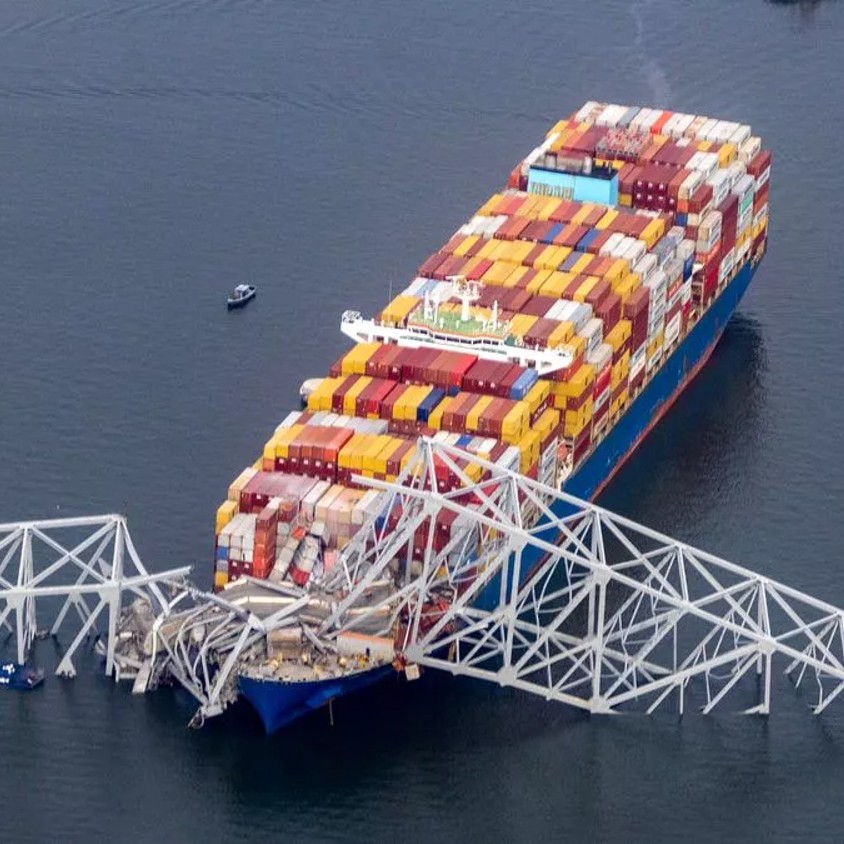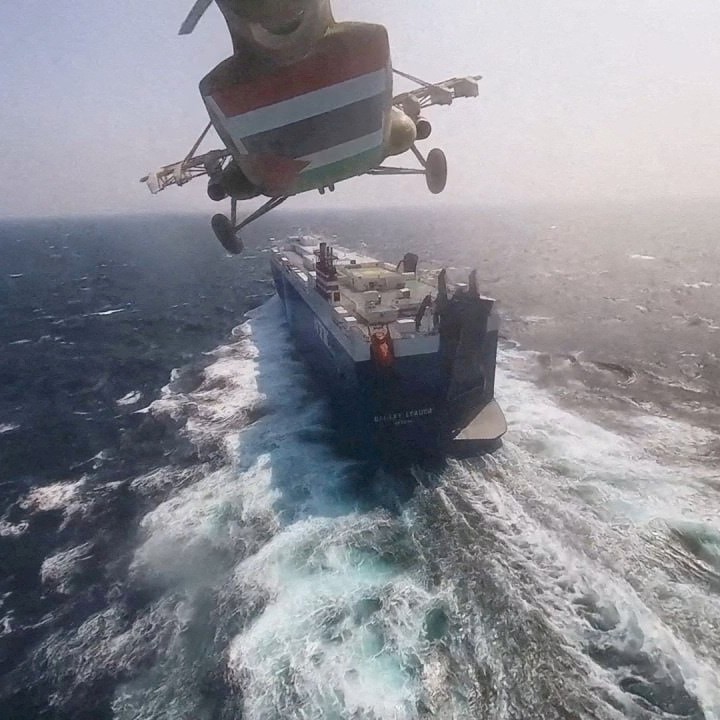The impact of the container ship Dali’s collision with the Francis Scott Key Bridge in Baltimore is being felt well beyond the borders of the United States. This sad event, which resulted in the permanent suspension of maritime commerce at the Port of Baltimore, casts a shadow over international supply lines and economies that cut across national boundaries and sectors.
globalEDGE Blog - Page 12
Publish Date:
Pfizer, a major pharmaceutical company, recently witnessed a substantial fall in its third-quarter sales. The primary reason was a drop in COVID-19 vaccine sales, as well as other related products, resulting in a massive loss of $2.4 billion. Compared to previous years, when the company enjoyed a large profit of $8.6 billion, this fall is substantial. Even though the company foresaw these obstacles and amended their plans, sales toppled by a staggering 42%; yet, Pfizer isn't losing hope. They are looking towards their long-term projects, and count on their resources to pull through in sustainable ways.
Publish Date:
Our planet faces a pressing environmental crisis. From overflowing landfills to plastic pollution in our oceans, unsustainable waste management practices threaten our ecosystems’ health and well-being. The good news? Many countries and companies are rising to the challenge, implementing innovative solutions, and inspiring a global shift toward a greener future.
Publish Date:
Major African cocoa plants in Ivory Coast and Ghana have reduced processing chocolate due to inability to purchase beans. These two countries together contribute nearly 60% of the world's cocoa production. Rising temperatures and weather conditions have stressed and damaged these crops in West Africa, and this halt is anticipated to lead to a surge in chocolate prices globally. Following three years of little cocoa harvests- and another three anticipated- chocolate manufacturers have already raised prices for consumers, with chocolate prices doubling over the last year and rising to all-time highs.
Publish Date:
While cultural intelligence has been a notable skill in today’s diverse business world, emotional intelligence is a new buzzword, making its mark. Emotional intelligence is about understanding and managing our emotions and those of others. This shift has occurred, as emotional intelligence is more crucial in the business world than ever, especially with the rise of artificial intelligence.
Publish Date:
One of the most divisive debates of 2024 is whether or not the United States government should ban TikTok in the United States. The ban offers ByteDance, the creator of the app TikTok, the option of selling to an American company or being removed from US consumption within six months of the ban taking place. On March 13, 2024, the House of Representatives passed the TikTok ban bill. It is set to head to the Senate, where the outcome is unclear. Considering this possibility, let’s look at TikTok’s financial impact in the United States and its correlation to other nations using the social media platform.
Publish Date:
Over the past few years, we have seen the impact of Japan’s pop culture worldwide. Whether it is music, food, or fashion, the trends that Japan brings are unavoidable. However, one of the things that has taken the world by storm is Japanese animation. It is one of the primary sources of content for Gen Z, with statistics showing that 44% of Americans aged 18-24 watch famous anime titles. Furthermore, it is expected for the anime industry to generate 69.8 billion dollars by 2032. With various companies supporting many of the streaming platforms for the consumers outside of Japan to watch anime, regions such as in Europe are showing anxious interest to be part of the market. As we are seeing the anime merchandising market size to be 2.07 billion dollars by 2030 with the support of conventions such as Japan Expo and SunnyCon Anime Expo.
Publish Date:
The Red Sea Houthi rebel attacks on ships are adding another shock to global trade for consumers and suppliers alike. After pandemic-related supply chain jams, delays were caused by the Russian-Ukraine war. The Houthi rebels in Yemen are attempting to stop Israel’s offensive against Hamas in Gaza, which is now causing more trade delays across the globe.
Publish Date:
Corporate profiteering, the relentless pursuit of excessive profits without ethical considerations, has become a significant factor in the realm of international business. In the interconnected global economy, the actions of companies in one country can have far-reaching consequences, particularly in terms of inflation. Corporate profiteering affects inflation and has created a global ripple effect.
Publish Date:
Paris’s recent decision to raise parking prices for SUVs and larger vehicles could lead to a significant decline in the global car industry but would specifically impact the United States. The starting price for parking in the inner city of Paris for a non-electric SUV weighing 1.6 tons or an electric SUV weighing 2 tons is 18 Euros (19.54 American Dollars) an hour. While the starting hourly price for smaller cars is only 6 Euros. But the increase in pricing doesn’t stop there; after 2 hours of parking, the prices rise even more. For those looking to spend a day in the city, a six-hour parking rate for an SUV driver will cost you 225 euros compared to the regular rate of 75 euros.












